Mike Bloomberg is spending an astonishing amount on his presidential run. Something you can do when you're a billionaire.
Bloomberg is worth approximately $62B, so while most campaigns are being run on donations, he's outstripping them purely with his own bank account.
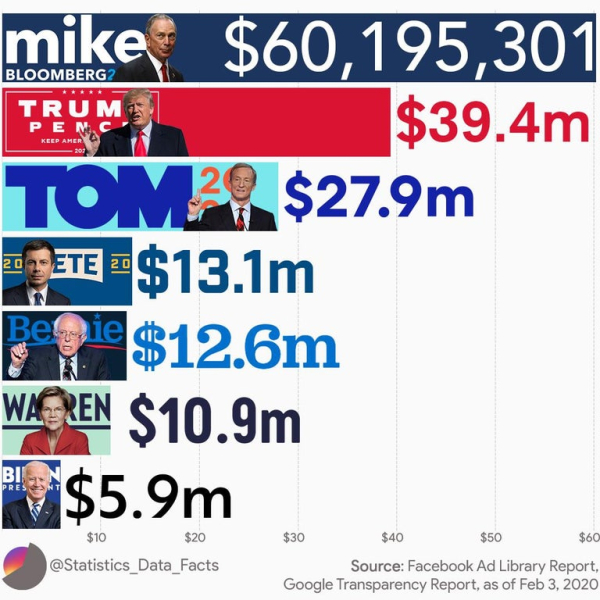 via theimpossiblesalad
via theimpossiblesalad
He's outspent everyone else in the Democratic field combined. His most recent stunt was a major social media push.
He leveraged several of the largest accounts on Instagram by collaborating with a company called – Meme2020. I wish that was a joke.
From the NYT, "Memers" include:
@MyTherapistSays, @WhitePeopleHumor, @TheFunnyIntrovert, @KaleSalad, @Sonny5ideUp, @Tank.Sinatra, @ShitheadSteve, @adam.the.creator, @moistbudda, @MrsDowJones, @TrashCanPaul, @cohmedy, @NeatDad, @FourTwenty, @GolfersDoingThings, @DrGrayFang, @MiddleClassFancy and @DoYouEvenLift.
Those accounts reached a purported 60 million followers. They received $150 per post.
The content is one of those "stranger than fiction" experiences, where the posts are so surreal that the creators have to acknowledge "yes this is really sponsored by Mike Bloomberg."
This approach, and Bloomberg in general, raises several questions about running a race in 2020.
Astroturfing and Memes
Remember, this is intended to sway public opinion in a political campaign. Bloomberg is a geriatric billionaire who has approximately 0% of the youth vote. While most of these memes mocked Bloomberg for being old and out of touch, the effort likely had the opposite effect. It's mildly insidious.
These posts have nothing to do with demonstrating Bloomberg's electability. They don't deal with stop and frisk, or any of his other policies. They're running the campaign a football player might run for student body president in high school. Luckily, there's been pushback.
The style of ads – astroturfing – where sponsors make their ads appear as if they're supported by grassroots participants, isn't new. But, Bernie Sanders and Donald Trump have done much better with seemingly authentic content driven by meme culture.
The question to ask about Bernie and Donald's success with the internet is, how much is authentic and how much is manufactured?
Are We Creating A Plutocracy?
Michael Bloomberg's campaign has crossed over $350MM in spending across channels. He went from a nonexistent option, to earnestly in the running through ubiquity.
It's worth asking the question "Can our democracy be bought?"

via Business Insider
A plutocracy is when a government is run by the wealthy elite. To a certain degree, money is power, and the wealthy's effect on the world is unavoidable. The inverse is also true, with influence and drive, money often follows. The issue comes when the wealthy are the only influence, and when that money becomes the deciding factor in electability.
It's hard to beat nearly unlimited money working in partnership with corporate support and media bias. The reality is, in the same way that corporations are people, they also have biases. Media companies undoubtedly influence the messaging you see. And, as impervious as we believe we are, the messaging we see influences the reality we perceive.
My takeaway for you is not to be for or against any candidate; it's to be pro-democracy and pro-meritocracy.
I hope we vote on the issues instead of just the personalities.
Evaluate which issues are most important to you and which candidates best support those issues. Here's a link to Donald Trump's positions, and a link to the positions of the Democratic candidates.
I'm curious to see who wins the Democratic primary, and what that means for the election.
Who you got?
Do you think Bloomberg has a chance?

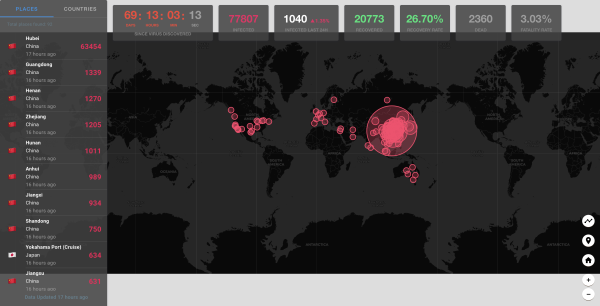

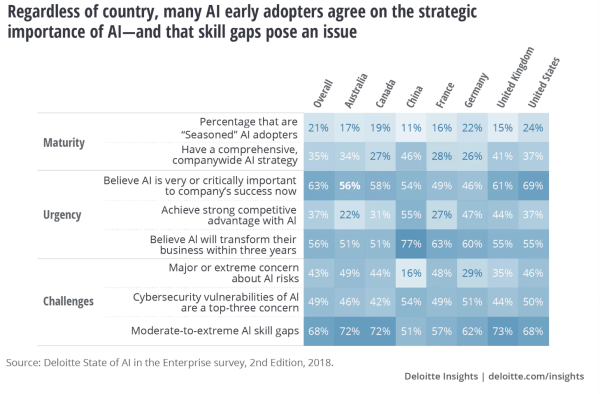
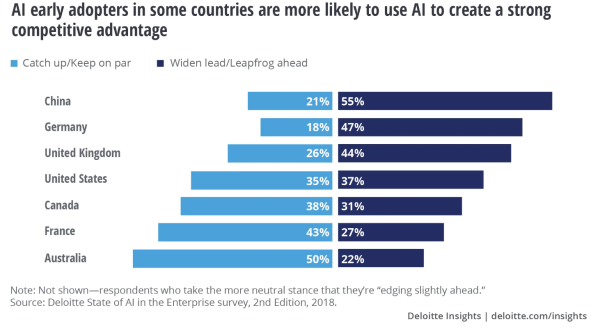
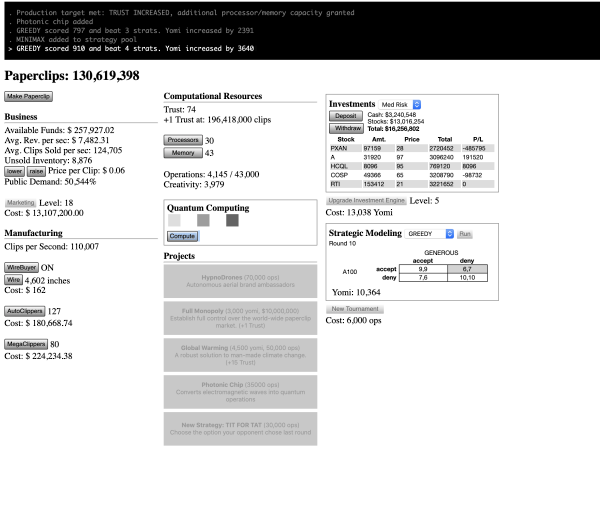


 via
via 


